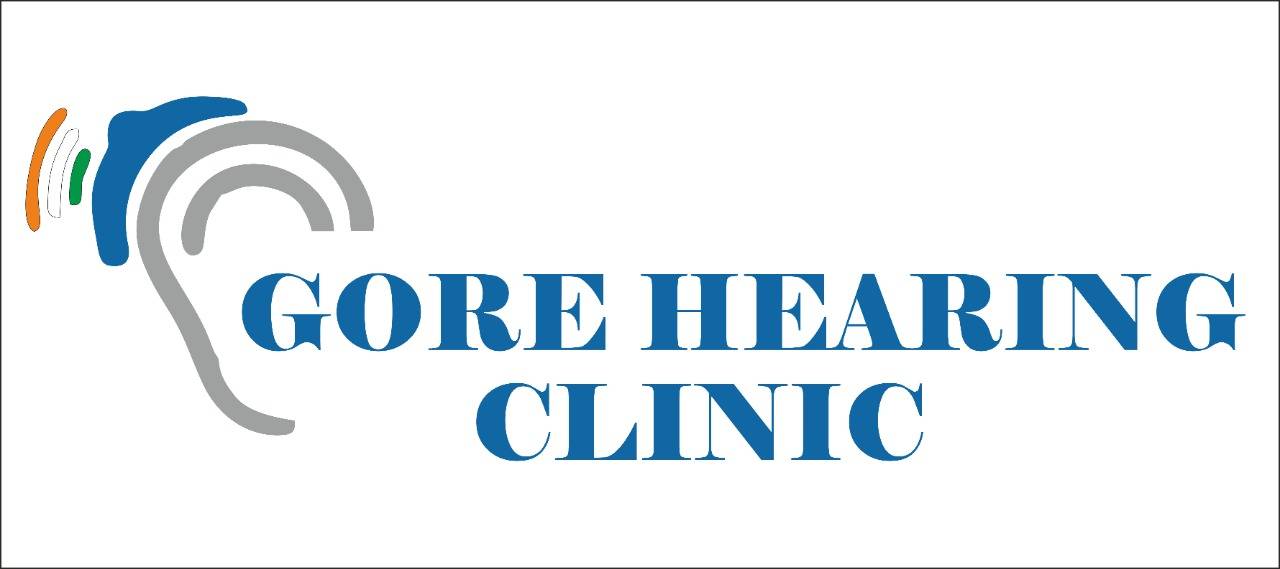Presbycusis, often known as hearing loss that develops gradually with age, is frequent. More over half of Americans over 75 have some degree of age-related hearing loss.
Three categories of hearing loss exist:
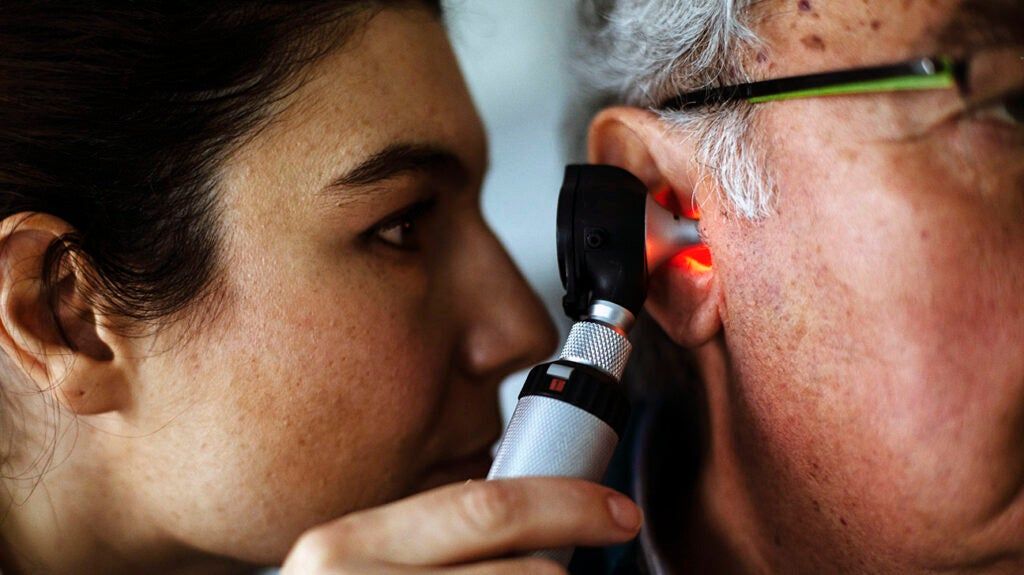
-
- Conductive, which affects the middle or outer ear.
-
- Inner ear is involved in sensory neural.
-
- Mixed is a combination of the two.
What causes hearing loss as people age?
-
- Numerous modifications to the way your body works occur as you become older. One of these alterations may be hearing loss.
-
- There are many older persons who suffer from hearing loss as a result of ageing. The prevalence of hearing loss among persons over 65 is over one in two.
-
- Presbycusis is another name for age-related hearing loss. Even though age-related hearing loss is not a life-threatening condition, if left untreated, it can significantly lower your quality of life.
Causes of hearing loss with ageing:
Hearing loss due to ageing happens progressively over time. The illness may be brought on by several alterations in the inner ear. These consist of:
-
- Alterations to the inner ear’s architecture
-
- Alterations to the ear’s blood flow
-
- Impairments to the hearing nerves
-
- Alterations to the way speech and sound are processed in the brain.
-
- Damage to the small hairs in the ear that transfer sound to the brain.
Aside from ageing, various conditions can contribute to hearing loss, such as:
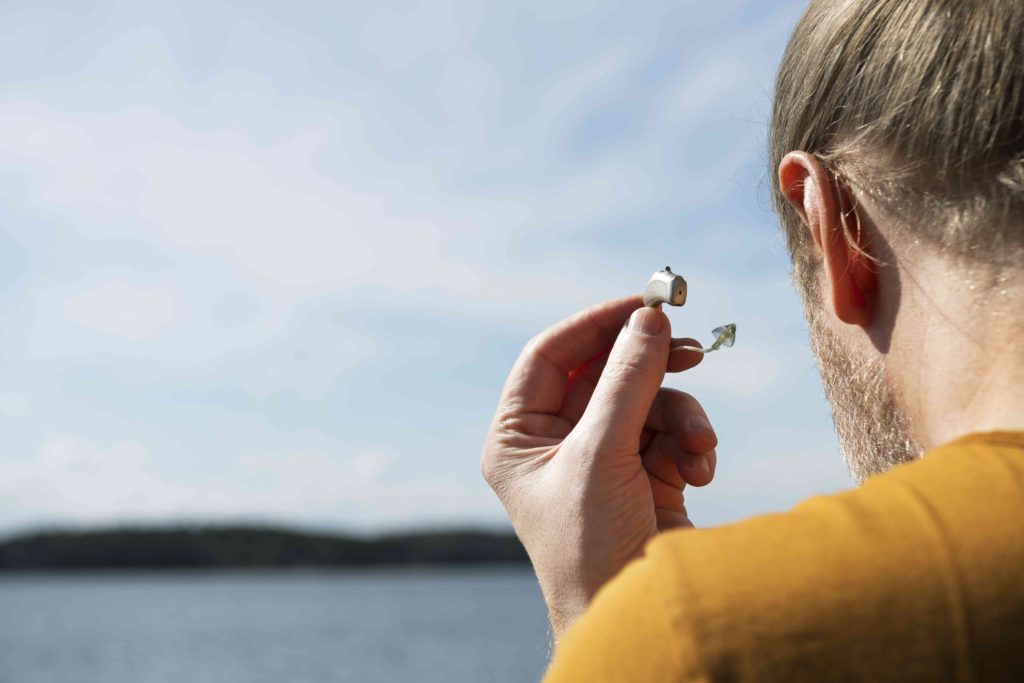
-
- Diabetes
-
- Poor circulation
-
- Exposure to loud noises
-
- Use of certain medications
-
- Family history of hearing loss
-
- Smoking
Age-related hearing loss Signs and Symptoms:
Hearing loss due to ageing usually starts with an inability to hear high-pitched sounds. You might discover that you have trouble hearing female or little child voices. Additionally, you could struggle to hear background noises or properly hear others speak.
Other signs that could appear are:
-
- Specific noises having trouble hearing in noisy environments and having trouble distinguishing between “s” and “th” sounds.
-
- Ringing in the ears loudening the radio or TV’s volume compared to usual
-
- Not being able to hear telephone talks, asking individuals to repeat themselves
-
- If you experience any of these symptoms, you must always tell your doctor. They should be monitored because they might be symptoms of other illnesses.
Is hearing loss Permanent or Temporary?
-
- Hearing loss affects your capacity to hear or comprehend speech and external sounds. Hearing loss can occur when any component of the ear or the nerves that transmit sound information to the brain do not function normally. Hearing loss may occasionally be temporary. However, if important ear structures are irreparably harmed, it can become permanent. Any injury to the ear might cause hearing loss.
-
- The inner ear (cochlea) is particularly vulnerable to damage from loud noise. Hearing loss can result through repeated exposure to extremely loud noises or by listening to loud noises for extended periods of time. The cochlea’s cells and membranes can be harmed by loud noise. Long-term exposure to loud noise can overwork ear hair cells, which can lead to cell death. As long as the exposure continues, the hearing loss worsens. Even after the exposure to noise has ended, negative consequences could still exist. In most cases, damage to the auditory nerve system or inner ear is irreversible.
Living with a hearing loss caused by ageing?
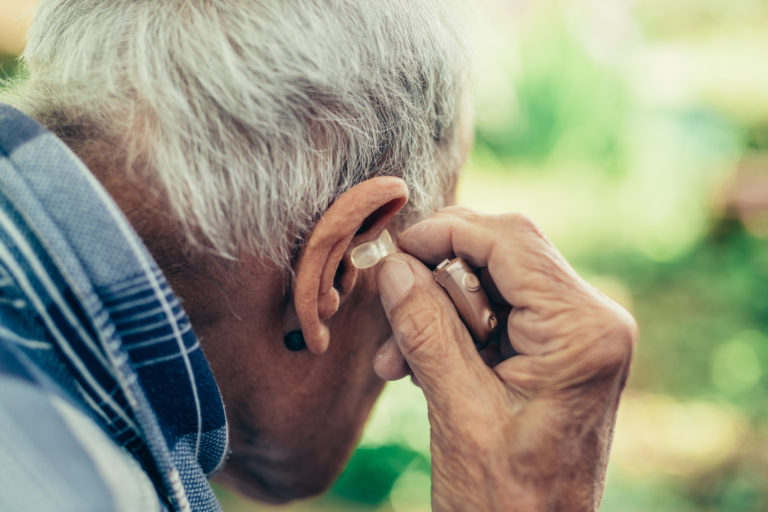
Your healthcare provider may suggest hearing loss specialists, such as an: if you have hearing loss.
Otolaryngologist : This medical professional specializes in disorders of the nose, throat, and ears. They are referred to as an ENT at times.
Audiologist : This is a medical expert who focuses on diagnosing and treating hearing issues.
-
- You can: In addition to receiving medical follow-ups.
-
- Inform your loved ones and close friends about the issue so they can support you.
-
- To see faces when someone are speaking to you, ask them to turn to face you. It can be easier to understand what is being said if you pay attention to facial expressions and gestures.
-
- People should simply speak louder; they don’t need to speak slowly or shout.
-
- When not in use, turn off the television.
-
- Be conscious of how your surroundings affect your hearing. Don’t take a seat next to the kitchen or a band in a restaurant. Hearing becomes more challenging in noisy environments.
How is it diagnosed?
-
- Visit your doctor to get a diagnosis if you experience the signs of aging-related hearing loss. To rule out other potential reasons of hearing loss, they will conduct a thorough medical examination. Additionally, they could use an otoscope to examine the inside of your ears.
-
- Your doctor might determine that you have hearing loss due to ageing if they are unable to identify any other causes of your symptoms. They might suggest an audiologist, a professional who specialises in hearing, to you. To assess how much hearing loss has occurred, the audiologist might do a hearing test.
Treatment:
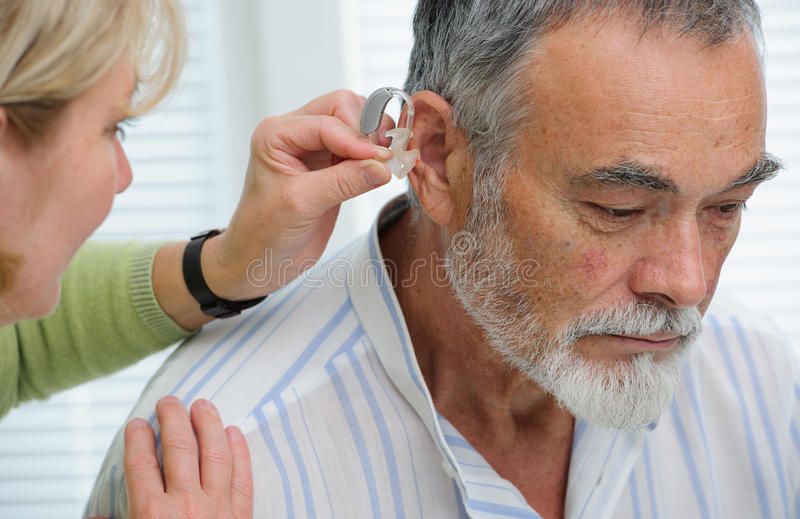
Age-related hearing loss is incurable. Your doctor will work with you to enhance your hearing and quality of life if you are diagnosed with this illness. Your physician might advise:
-
- Courses in sign language or lip reading (for severe hearing loss), telephone amplifiers, and hearing aids to improve hearing.
-
- Your doctor might suggest a cochlear implant in particular circumstances. Your ear is surgically implanted with this little electrical gadget. Although cochlear implants can amplify sounds a little, they cannot restore natural hearing. Only persons who have significant hearing loss use this option.
Complications:
-
- Losing your hearing can make living less enjoyable. Elderly people with hearing loss frequently express depression. Some persons with hearing loss feel isolated from others since talking with others might be difficult. Cognitive impairment, often known as loss of reasoning abilities, is connected to hearing loss.
-
- The risk of falling is also associated with hearing loss.
Prevention:
You might not be able to stop hearing loss brought on by ageing. You can, however, take action to prevent it from getting worse. Try these suggestions if you suffer from age-related hearing loss:
-
- Avoid repeatedly being around loud noises.
-
- In areas with loud noises, wear ear protection.
-
- If you have diabetes, control your blood sugar levels.
-
- If you have signs of aging-related hearing loss, consult your doctor right away. You are more likely to lose your capacity to understand speech as your hearing loss progresses. But if you get treatment right away, you might be able to keep this ability or at least lessen the damage.
-
- Take care of your ears : The best defence is to avoid being around loud sounds. Earmuffs packed with glycerin or plastic earplugs can assist protect hearing in the workplace.
-
- Examine your hearing : Consider regular hearing testing if you spend a lot of time around noise at work. You can take action to stop further loss of hearing if you’ve already suffered any.
-
- Avoid taking risks while playing and engaging in hobbies : Over time, hearing can be harmed by activities including jet skiing, snowmobiling, hunting, using power tools, and attending rock concerts. You can shield your ears from noise by donning hearing protection or taking breaks from it. Additionally, it can be beneficial to lower the music volume.
Key points regarding hearing loss caused by ageing:
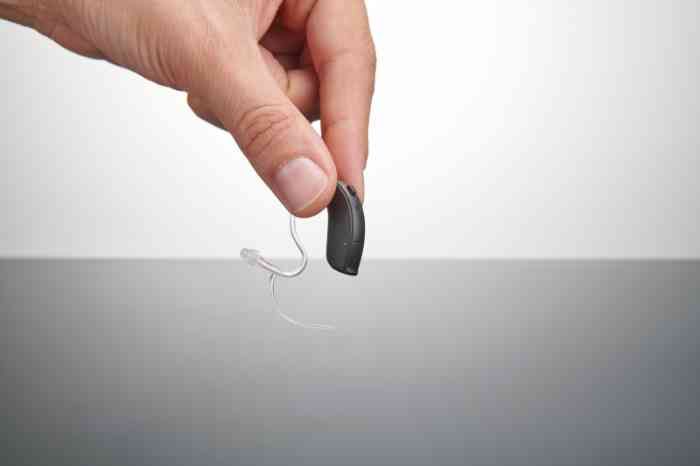
-
- The gradual loss of hearing in both ears is age-related hearing loss.
-
- It’s a typical issue that develops with age. Between the ages of 65 and 74, almost 1 in 3 persons suffer from hearing loss.
-
- Hearing loss develops gradually. As a result, initially, some people are unaware of the change.
-
- Avoiding prolonged or continuous loud noise exposure will help safeguard your hearing and stop gradual hearing loss.
-
- As there is no cure, prevention is crucial.
Conclusion :
In addition to an increased risk of falls, diabetes anxiety, and social aloofness, untreated hearing loss has been related to Alzheimer’s disease, dementia and tinnitus in the elderly. So get your hearing tested as soon as possible.

